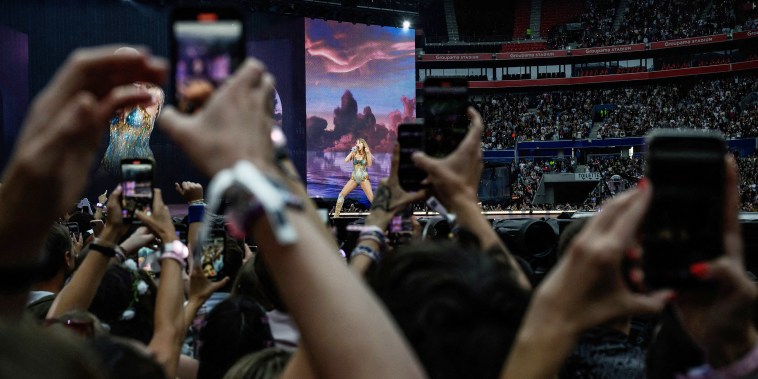The ongoing COVID-19 pandemic has undeniably affected various aspects of society, from daily routines to long-term economic impacts. Among the many phenomena observed during this unprecedented time is the funflation effect. This effect describes a trend where Americans are prioritizing spending on travel and entertainment despite the challenging economic climate brought about by the pandemic. This shift in consumer behavior raises intriguing questions about human psychology and economic logic.
One possible explanation for the funflation effect is the desire for escapism. With the stress and uncertainty surrounding the pandemic, individuals may be seeking temporary relief by indulging in leisure activities such as travel and entertainment. This trend reflects a deep-seated psychological need for relaxation and enjoyment, even in the face of economic constraints.
Moreover, the prolonged period of lockdowns and restrictions has created pent-up demand for social interaction and experiences outside the home. Americans may be more willing to allocate their limited resources towards travel and entertainment as a way to reconnect with friends and loved ones, as well as to create lasting memories after a period of isolation.
Another factor contributing to the funflation effect could be the availability of disposable income resulting from reduced spending in other areas. With travel restrictions and lockdowns limiting opportunities for dining out, shopping, and other discretionary expenditures, individuals may have accumulated savings that they are now allocating towards activities that bring them joy and fulfillment.
Additionally, the current low-interest-rate environment may be incentivizing consumers to spend rather than save. With traditional investment options yielding lower returns, individuals may view experiences such as travel and entertainment as a more valuable and immediate way to enhance their quality of life.
From an economic perspective, the funflation effect presents both opportunities and challenges. On one hand, increased spending on travel and entertainment can stimulate economic activity in these sectors, supporting businesses and employment opportunities that have been adversely affected by the pandemic. However, the concentration of spending in these areas may also exacerbate inequalities, as individuals with higher disposable incomes are better positioned to participate in leisure activities, while others continue to face financial difficulties.
As the funflation effect continues to influence consumer behavior, businesses and policymakers must adapt to these evolving trends. By recognizing the underlying drivers of this phenomenon and implementing strategies to cater to changing consumer preferences, stakeholders can better navigate the post-pandemic landscape and foster sustainable economic growth.
In conclusion, the funflation effect sheds light on the intricate relationship between human behavior, economic forces, and societal trends. By examining the underlying motivations driving increased spending on travel and entertainment during challenging times, we can gain valuable insights into the resilience and adaptability of individuals in the face of adversity. As the world continues to grapple with the aftermath of the pandemic, understanding and responding to the funflation effect will be crucial in shaping the future of consumerism and leisure in the years to come.
